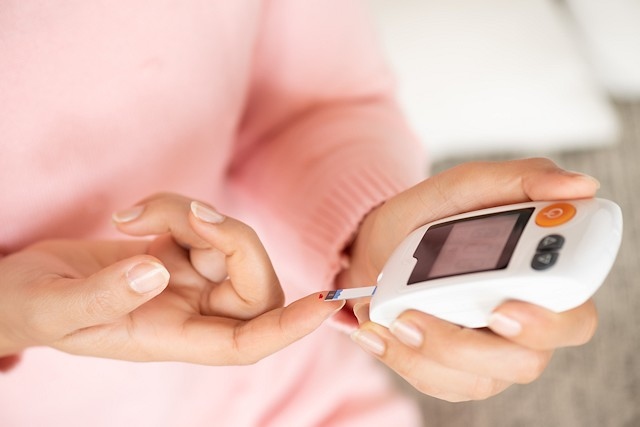Advice for people living with diabetes ahead of Ramadan
Date published: 30 March 2022

Diabetes UK is encouraging anyone living with diabetes to manage their diabetes safely during Ramadan
People in the Muslim community who live with diabetes are being offered help and advice from Diabetes UK to stay healthy during Ramadan.
This year Ramadan will run from 2 April for 29 or 30 days, with the exact dates will be confirmed nearer the time and Ramadan ends with Eid al-Fitr in May. The Qur'an requires Muslims to fast during the month of Ramadan from sunrise to sunset, however there are exceptions and people who are unwell or have medical conditions are not expected to fast - and this includes people with diabetes.
Ahead of the holy month, Diabetes UK is also encouraging anyone living with diabetes and preparing for Ramadan to speak to their diabetes team and their Imam to help them to decide how best to observe Ramadan and manage their diabetes safely.
Clare Howarth, Head of the North of England at Diabetes UK said: “Choosing whether to fast is a personal choice, however getting information and advice ahead of Ramadan, can help you decide whether it is right and safe for you to do so.
“That is because if you have diabetes, fasting can risk aggravating complications associated with the condition, such as poor vision, heart or kidney disease and hypoglycaemia as well as diabetic ketoacidosis (DKA) – a condition that can require emergency hospital treatment.”
Some people with diabetes choose to fast and Diabetes UK offers the following helpful advice:
- If you are unwell or have any symptoms of Covid-19 - do not fast and call 111 for further advice
- If you do choose to fast - before you start, include more slowly absorbed foods (low GI), such as basmati rice and dhal, in your meal along with fruit and vegetables
- During your fast, if you already check your blood sugar levels, do this more often than usual
- When you break the fast, have only small quantities of food, and avoid only eating sweet or fatty foods
Clare Howarth added: “If you are fasting and you feel unwell or that you are having a hypo, check your blood sugars and, if you are, break your fast and take your usual hypo treatment followed by starchy food. If you’re showing any symptoms of Covid-19 or feeling unwell, our advice would be to not fast.
“It’s also important to know that taking diabetes medication, testing your blood glucose levels or getting a coronavirus vaccination will not break your fast.”
For more information on diabetes and Ramadan visit: www.diabetes.org.uk/ramadan
Do you have a story for us?
Let us know by emailing news@rochdaleonline.co.uk
All contact will be treated in confidence.
Most Viewed News Stories
- 1Man charged with murder after New Year's Day knife attack
- 2Andy Burnham asks taxpayers for at least £9 more a year to help fund police
- 3Government issues statement on clean air zone
- 4Ask Citizens Advice: How can I keep track of my spending better this year?
- 5Council issues warning as temperatures set to plummet yet again
To contact the Rochdale Online news desk, email news@rochdaleonline.co.uk or visit our news submission page.
To get the latest news on your desktop or mobile, follow Rochdale Online on Twitter and Facebook.


